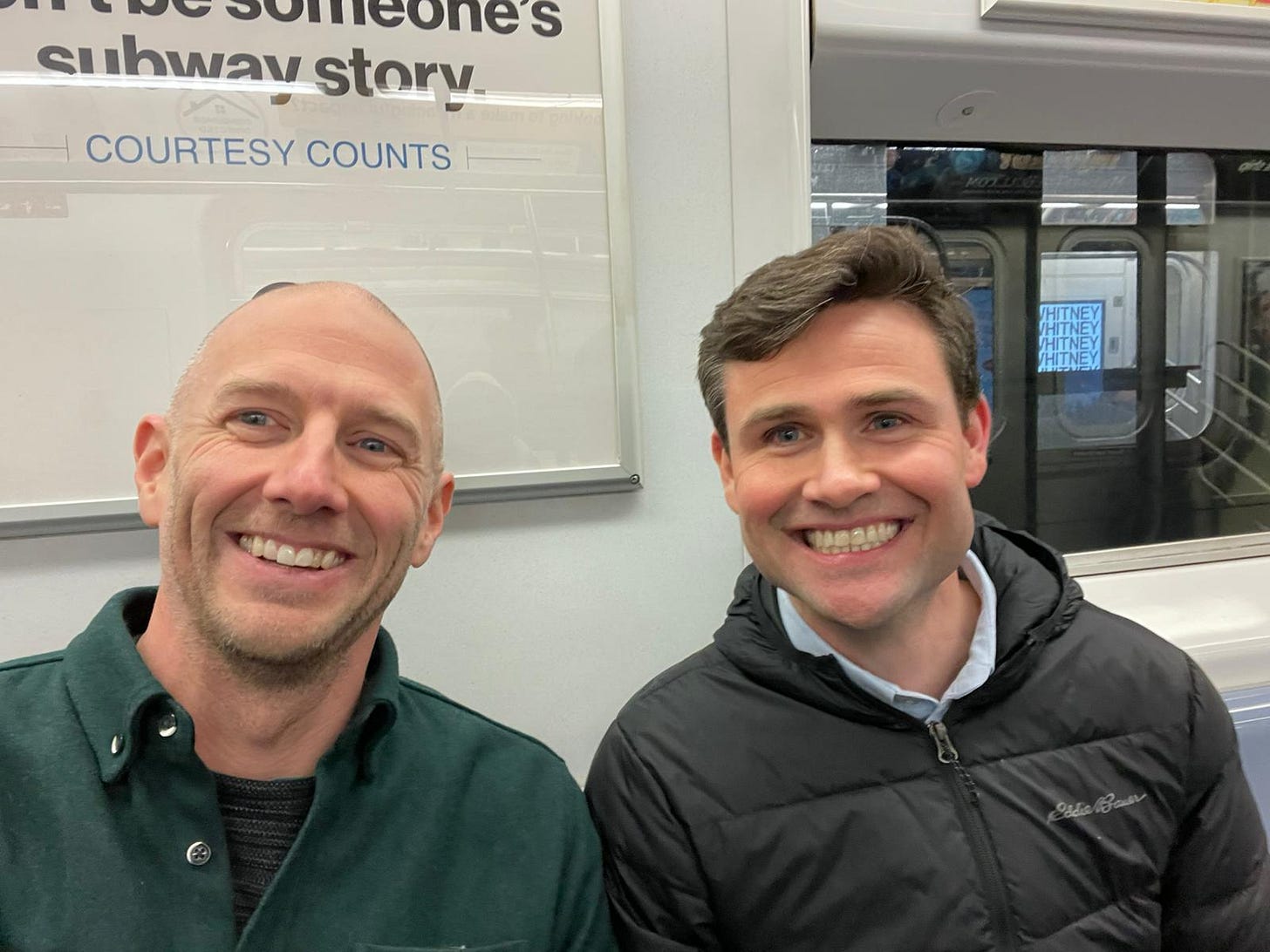Brave Ideas Season 15, Episode 8
This episode is made possible by ReturnSuite:
”Complex Cash Flow Modeling Simplified.”
Structuring equitable landlord-operator deals
In this episode, Brave Corp CEO, Caleb Parker, and ReturnSuite Cofounder, Sam Gamble tee up a deep dive in the Brave Ideas Virtual Studio with Andy Igoe from the Big Apple (NYC).
We unpack how to replace desk-based pricing with licensable SqFt, how to build empirical comps from live market quotes, and how to model real ramps that reflect sales cycle times, seasonality, lead generation capacity, and customer size mix.
Andy shares how his teams presented full upside and downside scenarios to landlords, how to align incentives across management agreements and hybrid leases, and why he believes private offices anchor the P&L while amenity areas support, not dilute, EBITDA.
We close with when flex should be treated as a building-level amenity that lifts asset value even if modeled rent trails the headline rent number.
What You’ll Learn in This Episode
How to price by licensable SqFt and translate competitor quotes into revenue per SqFt
Why the classic 30 percent to 90 percent ramp can mislead, and how to model local, operational reality
How sales cycle times, seasonality, and lead generation capacity shape a defendable ramp
How to align fees and waterfalls so site profitability comes first in owner–operator structures
When flex as an amenity improves whole-asset outcomes even at sub-headline rent
Key Takeaways for Operators
Present pricing in SqFt with clear inclusions, move away from desk price for serious comparisons
Build empirical comps from local quotes, position your product inside the true market range
Size amenity areas to support sales and retention, protect breakeven and NOI
Use scenario ranges and mitigation levers to manage underperformance with owners
Key Takeaways for Real Estate Investors
Demand auditable underwriting with apples-to-apples pricing and real operational inputs
Align incentives to site profitability, avoid fee structures that reward revenue without cost discipline
Treat flex as a building amenity when it lifts leasing velocity, occupancy, and overall value
Benchmark models against market rent and realistic ramps that fit the floor plate
CONNECT
Behind the Scenes
(Keep scrolling for bloopers)
Recorded remotely between London, England, Ottawa, Canada & New York City, USA in the Brave Ideas virtual studio.
BLOOPER REEL
💡 This episode is part of Brave Ideas Season 15, exploring brave ideas shaping the future of office real estate, Space-as-a-Service, and workplace experience.
Join the Conversation
🎧 Listen now and see how licensable SqFt, empirical comps, and transparent scenarios make your flex model auditable, then drop a comment below with your favourite soundbite.



















